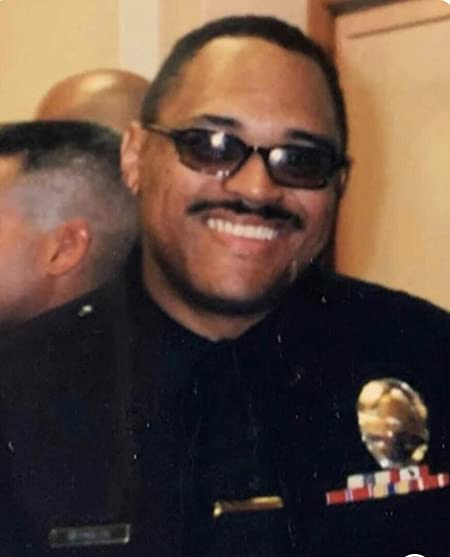 Frederick Douglass Reynolds is a retired Black LA County Sheriff’s homicide sergeant. He was born in Rocky Mount, Virginia, and grew up in Detroit, Michigan where he became a petty criminal and was involved in gangs. He joined the US Marine Corps in 1979 to escape the life of crime that he seemed destined for. After a brief stint in Okinawa, Japan, he finished out his military career in Southern California and ultimately became a police officer with the Compton police department.
Frederick Douglass Reynolds is a retired Black LA County Sheriff’s homicide sergeant. He was born in Rocky Mount, Virginia, and grew up in Detroit, Michigan where he became a petty criminal and was involved in gangs. He joined the US Marine Corps in 1979 to escape the life of crime that he seemed destined for. After a brief stint in Okinawa, Japan, he finished out his military career in Southern California and ultimately became a police officer with the Compton police department.
He worked there from 1985 until 2000 and then transferred to the sheriff’s department where he worked an additional seventeen years, retiring in 2017 with over seventy-five commendations including a Chief’s Citation, five Chief’s commendations, one Exemplary Service Award, two Distinguished Service Awards, two Distinguished Service Medals, one City of Carson Certificate of Commendation, three City of Compton Certificates of Recognition, one City of Compton Public Service Hero award, one California State Assembly Certificate of Recognition, two State Senate Certificates of Recognition, a County of Los Angeles Certificate of Commendation, one Meritorious Service Award, two City of Compton Employee of the Year Awards, and two California Officer of the Year awards.
He lives in Southern California with his wife, Carolyn, and their daughter Lauren and young son, Desmond. They have six other adult children and nine grandchildren.
Tell us about your book.
One of the biggest social issues facing our society today is the relationship between law enforcement and the citizens they commit to protect and serve. There seems to be a greater divide in believing all police officers are inherently evil. Society continues to face these problems in connection with racism, sexism, gender identity, and political differences. This book shifts the narrative to provide an insider’s look into a Black man’s life through trial, triumph, and life on the force. It is far more than just “cop stories”; it is a looking glass into life in ways that had not been thought of before.
Growing up in Detroit in the 1960s and 70s, I set out on a path of destruction, living on the streets, dealing with drugs and gangs, and even ending up in jail. As a Black man who found myself on both sides of the law, I think the book offers a truly unique perspective to offer transparency to readers, showing the intricacies of how society works in different ways for different situations. In my time as a police officer, I saw everything; truly horrendous stories showing the worst part of humanity, as well as redeeming stories that show the resilience of the human spirit.
Regardless of the mistakes I made in life, I feel like I am the perfect example to show how anyone can turn their life around and do some good if they are willing to make that change. No matter what someone’s gender, race, or political views are, any reader will be able to take these life experiences and learn the reality of racism in America through my lenses.
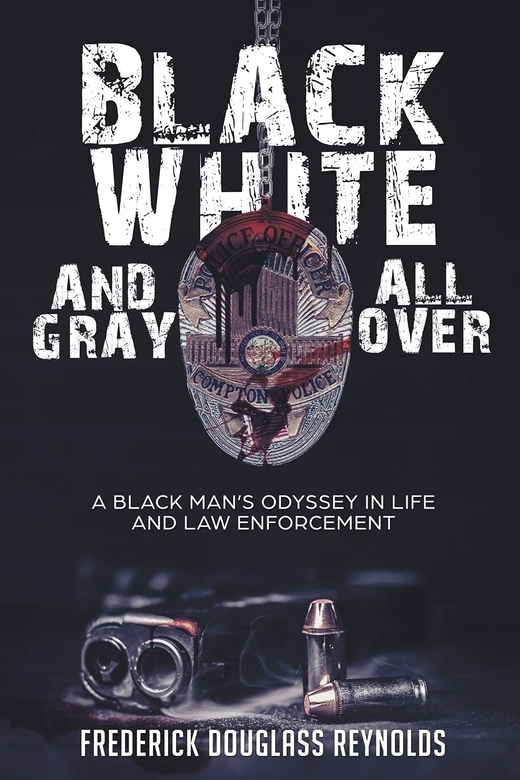 Why did you want to write a book?
Why did you want to write a book?
I experienced a great deal of emotional trauma as a child, which carried into my adulthood. Growing up, I also experienced racism and life on both sides of the law. I wanted to offer a global perspective from someone who had dealt with those experiences, to let readers know that everything is not just black and white. There are levels to it. What may be bad to someone may be good to another person and vice-versa.
Why did you choose to self-publish?
None of the big publishers wanted to tackle what my book was about. With the current sentiment in America toward law enforcement, I guess they didn’t want to place their bets on such a politically divisive issue. But I had a story to tell that I believed needed to be heard, so I decided to invest in myself and get it done.
What tools or companies did you use, and what experience did you have?
I had no experience. I started from scratch. I read somewhere about this company called, MindStir Media, which had endorsements from a former Shark on the hit show “Shark Tank” where people pitch ideas to super-rich businessmen and women. I took a leap of faith and borrowed the money I needed to get my book published. Was I afraid? Absolutely. I was a first-time author who dropped out of school in the 10th grade. To say what I wanted to do was daunting would be an understatement!
Would you self-publish again?
Definitely. Overall, it was worth it. I retained all the rights and 100% of my royalties.
What do you think are the main pitfalls for indie writers?
Uncertainty. Lack of book-business sense. There are a lot of unscrupulous people and organizations out there that love to take advantage of first-time and indie writers.
What tips can you give other authors looking to self-publish?
Believe in yourself. If you love to write or if you have a story to tell, do it! And don’t get into writing thinking that you are going to write a best-seller and become super-rich. Some of the greatest writers ever died poor. And some of the worst books ever written made millions of dollars. Just remember this: Once you publish a book, in a sense, your thoughts, words, and deeds are immortalized. And that is something that a price cannot be affixed to.
What was your steepest learning curve during the publishing process?
Learning about copyrights, ISBNs, formatting, and finding someone to create your cover. A great cover is half the battle.
As a writer, what is your schedule? How do you get the job done?
I write whenever the mood hits. I might sit down and write for 12 hours straight, and then not write again for days.
How do you deal with writer’s block?
I just sit down and start typing. Sooner or later, it starts making sense!
Tell us about the genre you wrote in, and why you chose to write this sort of book.
I wrote a memoir. I choose this genre because who knows better about what I went through than me? I had experienced a great deal in life, and I thought it worth sharing.
Who are your biggest writing inspirations and why?
I love my namesake, Frederick Douglass! I also love Edgar Allan Poe, Elmore Leonard, and Walter Mosley.
How do your friends and family get involved with your writing? What do they think of your book?
My family and friends love the book! They get involved with my writing by NOT getting involved in my writing.
What are your plans now your book is published?
Just relax and promote the book. I am discovering that this is the hardest part about the entire process. It’s like pulling teeth to get written reviews! You can write the greatest book ever, but if no one knows about it then what good is it?
Why did you write about this particular subject?
Law enforcement and racism are lightning rods in the country now. I know both sides, so I decided to intertwine my life experiences with those two topics. I believe that people need to know there are problems on both sides of the law and we have to somehow reconcile this issue if we as countrymen and women are to survive.
What’s next for you as an author?
I am working on a new book now, a fiction-based-on-fact novel. The protagonist is going to be a detective investigating a series of gruesome murders in the inner city.
Book Links
Get an Editorial Review | Get Amazon Sales & Reviews | Get Edited | Publish Your Book | Enter the SPR Book Awards | Other Marketing Services


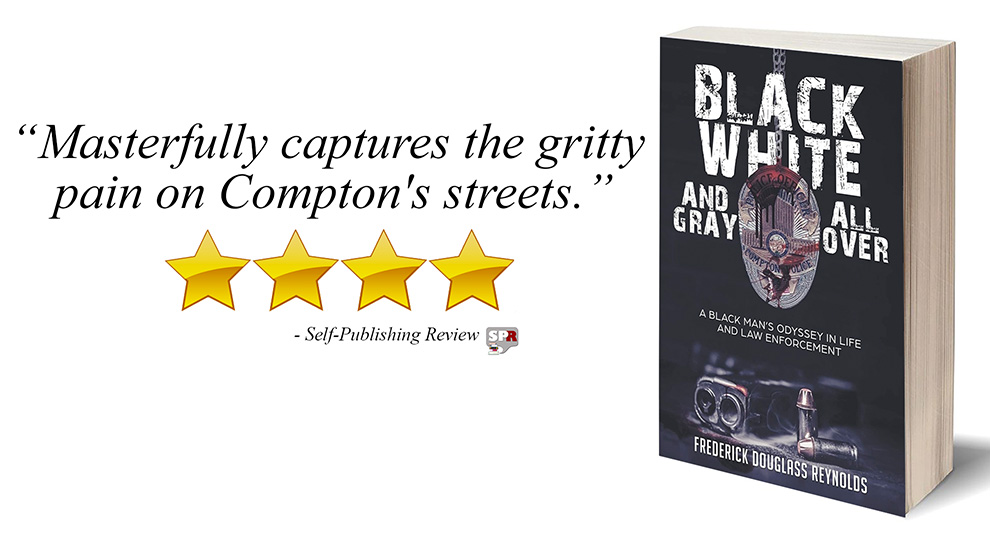







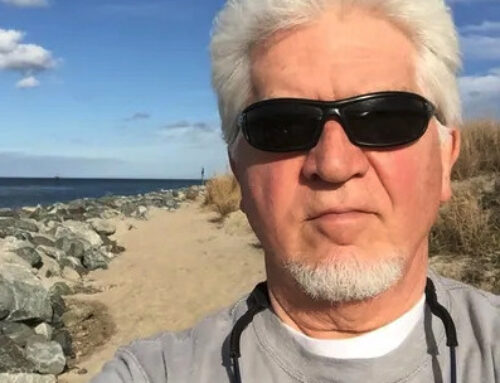
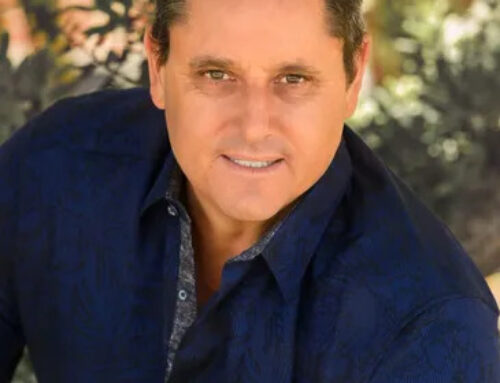
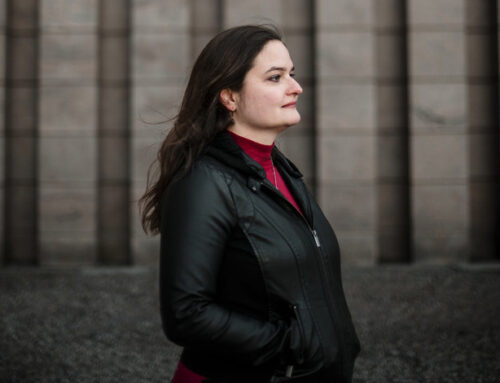
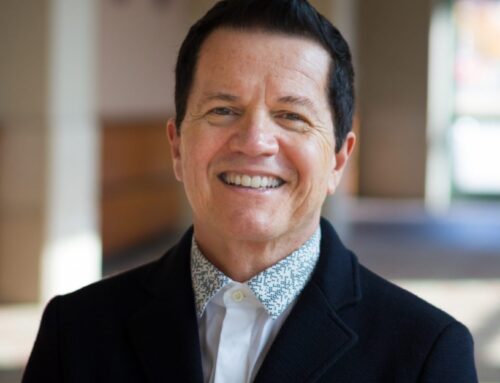
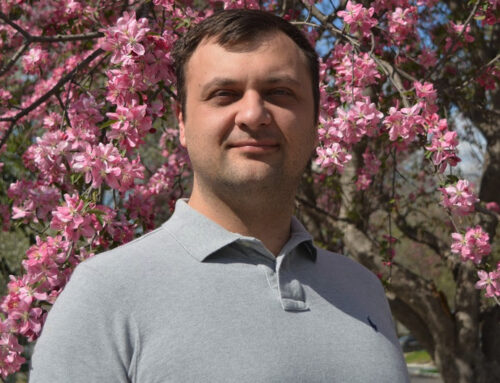
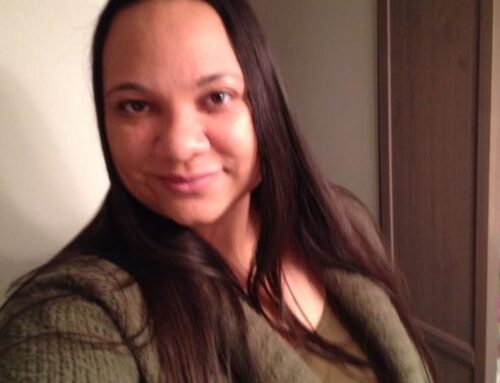

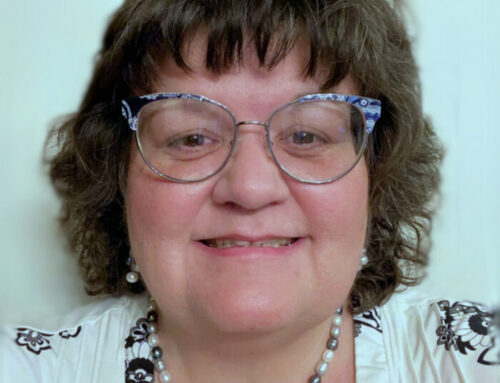
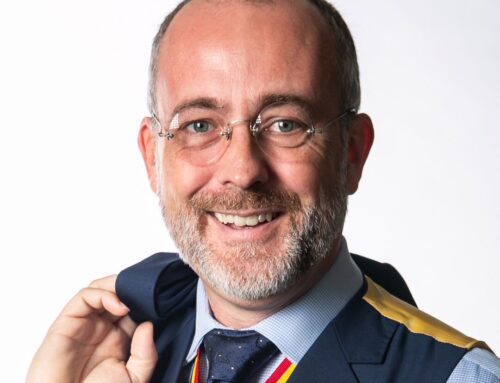
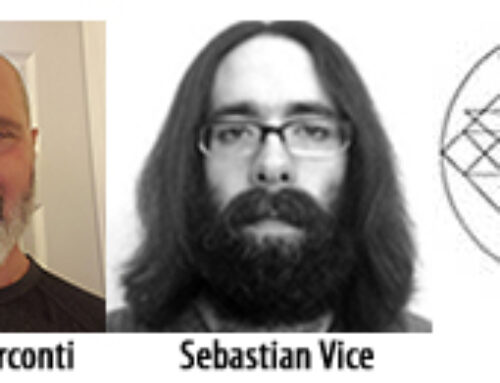
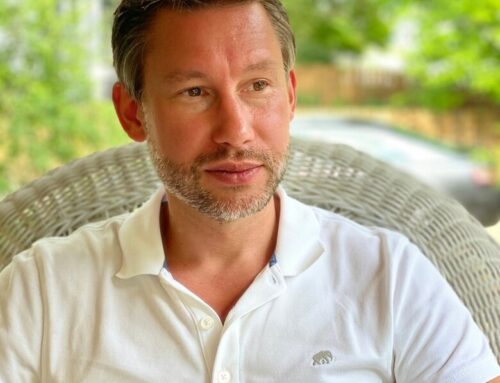
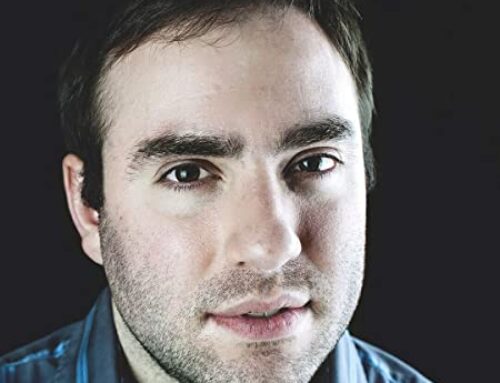
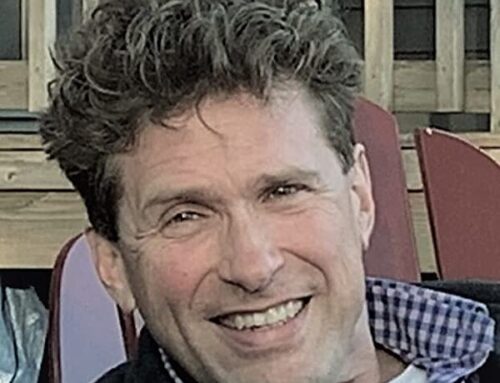
Leave A Comment